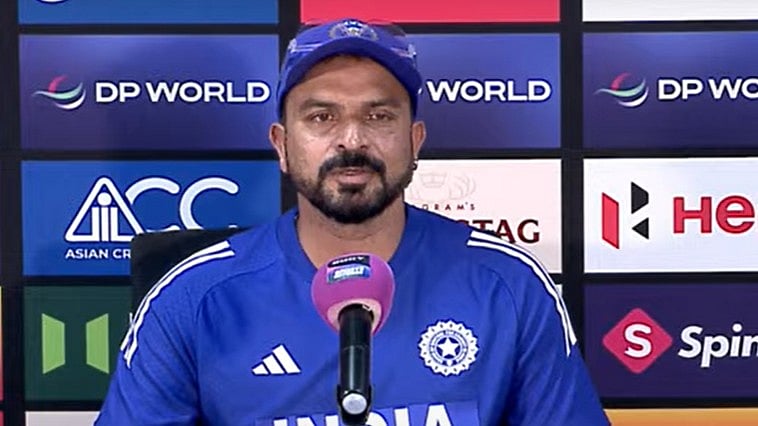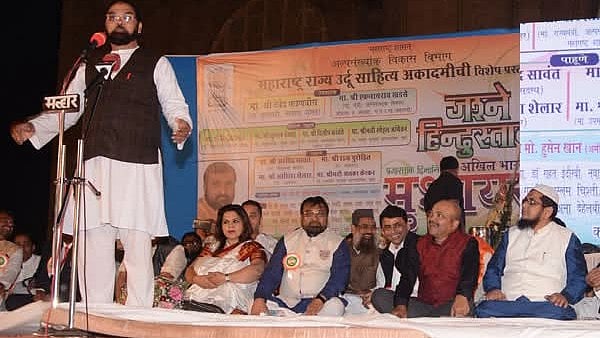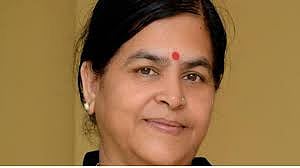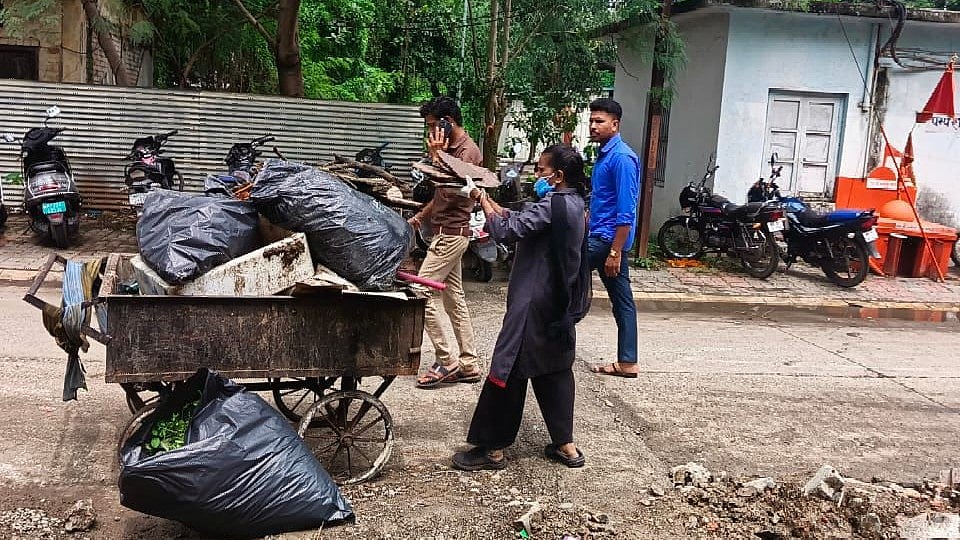Indore (Madhya Pradesh): While the world observes World Environment Day 2025 on the theme ‘Beat Plastic Pollution,’ Indore with the active contribution of its citizens has already taken giant steps years ago and has emerged as a national frontrunner in plastic waste management, especially in the domain of dry waste, setting an example for cities across India.
With a robust and meticulously organised waste management system, the city has not only addressed the challenge of plastic pollution but has turned it into an opportunity for innovation, revenue generation, and sustainability.
Over the years, as per the data of Madhya Pradesh Pollution Control Board, Indore has seen a steady rise in plastic waste generation—recording approximately 58,969 metric tons in 2023–24, up from just 16,602 metric tons in 2018–19. Despite the surge, the city has managed it effectively through a highly structured system of dry waste segregation.
The Indore Municipal Corporation (IMC) has categorised dry waste into 35 distinct types, including multiple classifications of plastic such as transparent, coloured, single-use, and various densities.
This detailed segregation at the source enhances recycling efficiency and significantly reduces the burden on landfills.
A fleet of over 850 GPS-enabled vehicles collects segregated waste from households and businesses daily, ensuring timely and proper disposal. Indore has also pioneered the use of Extended Producer Responsibility (EPR) credits in 2023. It became the first urban body in the country to earn EPR credits by recycling eight tonnes of banned single-use plastic.
This initiative was conducted in partnership with a private operator, resulting in the issuance of EPR credit worth Rs 8,100 by the Central Pollution Control Board.
Community involvement has played a key role in this transformation. Campaigns such as the “Plastic Premier League” and “Main Hoon Jholadhari Indori” have successfully raised awareness and encouraged citizens to participate in segregation and recycling.
Residents are given bags to collect plastic waste, which is later purchased by authorised agencies at rates ranging from Rs 1.5 to Rs 5 per kilogram depending on the type of plastic. This not only promotes proper segregation but also provides financial incentives to citizens.
In the year 2019, single-use plastic was banned by the then municipal commissioner Asheesh Singh. In a major step towards this ban, the corporation also stopped renewing licences of such factories which were using or manufacturing such categories of plastic.

The corporation banned plastic pouches of pan masalas, water pouches and many such things. Along with this, plastic bottles were replaced with copper pots in government meetings at that time.












